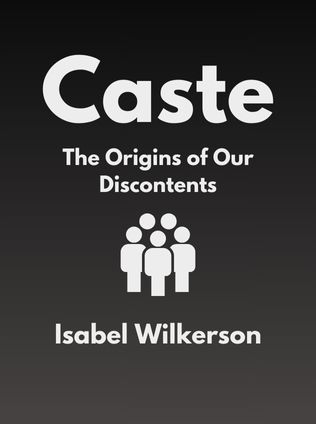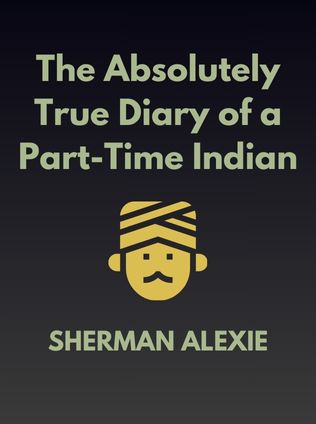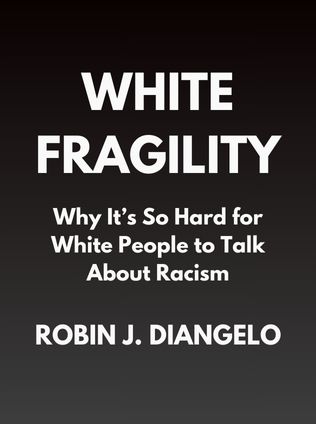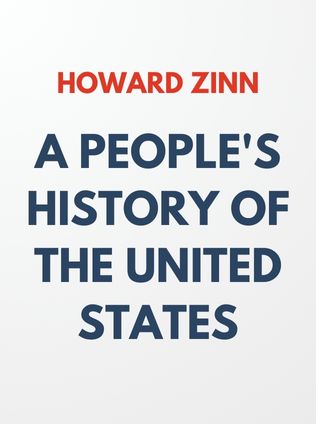
Caste
The Origins of Our Discontents
By Isabel Wilkerson
Published 08/2020
About the Author
Isabel Wilkerson is an acclaimed American journalist and author, known for her deep and insightful explorations of race, society, and history. Born in Washington, D.C., Wilkerson made history as the first African American woman to win a Pulitzer Prize in journalism. Her work often focuses on the lives and struggles of African Americans, bringing to light the systemic injustices that have shaped their experiences. Her first book, "The Warmth of Other Suns," was a groundbreaking narrative about the Great Migration, tracing the stories of African Americans who fled the South in search of a better life in the North and West. Her second book, "Caste: The Origins of Our Discontents," further solidifies her place as one of the most important voices in contemporary discussions about race and society.
Main Idea
"Caste: The Origins of Our Discontents" by Isabel Wilkerson presents a compelling argument that the social divisions in America, often viewed through the lens of race, are more accurately understood as a caste system. Wilkerson argues that this system, which has been in place for over 400 years, is a rigid hierarchy that ranks individuals and groups based on arbitrary characteristics, with white people at the top and Black people at the bottom. This caste system, she asserts, underpins the racial tensions and inequalities that persist in American society today. By examining the similarities between the American system and other historical caste systems, such as those in India and Nazi Germany, Wilkerson provides a profound analysis of how these structures are maintained and how they can be dismantled.
Table of Contents
- The Definition of Caste
- The Eight Tenets of Caste
- The Three Major Caste Systems
- The Influence of Caste Systems on Individuals and Society
- A Shift Away From Caste
The Definition of Caste
In "Caste," Wilkerson defines caste as a man-made social order designed to rank the value of entire groups of people based on inherited characteristics. Unlike race, which is often seen as the visible marker of difference, caste is the invisible system that enforces and perpetuates those differences. Wilkerson explains that caste systems are built on the belief in the inherent superiority of one group over others, which is then codified into societal norms and laws.
Wilkerson emphasizes that the characteristics used to delineate caste are often arbitrary and benign in other contexts, such as skin color, religion, or economic status. These traits only gain significance when one group uses them to segregate and assign roles, privileges, and limitations to others. She states,
"Caste is the bones, race the skin." — Isabel Wilkerson
This metaphor succinctly captures her argument that race is merely the outward manifestation of the deeper, more insidious structure of caste.
The Eight Tenets of Caste
Wilkerson identifies eight tenets that uphold caste systems across different societies. These tenets, she argues, create a self-reinforcing system that becomes deeply ingrained in the social fabric, making it difficult to dismantle.
1. Laws of Divinity
Many caste systems are justified through a divine mandate, making them almost impossible to challenge. In both India and the United States, caste hierarchies have been portrayed as the will of God, giving them an air of inevitability. This belief in divine sanction reinforces the status quo and discourages efforts to change it.
"As long as Hinduism is strong, caste will be strong, and as long as there is caste, there will be lower caste." — Avatthi Ramaiah
2. Ingrained Superiority
The belief in the inherent superiority of the dominant caste is essential to the maintenance of the caste system. This superiority is not just a belief but a deeply ingrained part of the identity of the dominant group. It shapes every interaction and reinforces the power dynamics within society.
Sign up for FREE and get access to 1,400+ books summaries.
You May Also Like
Freakonomics
A Rogue Economist Explores the Hidden Side of Everything
By Steven D. Levitt and Stephen J. Dubner



















